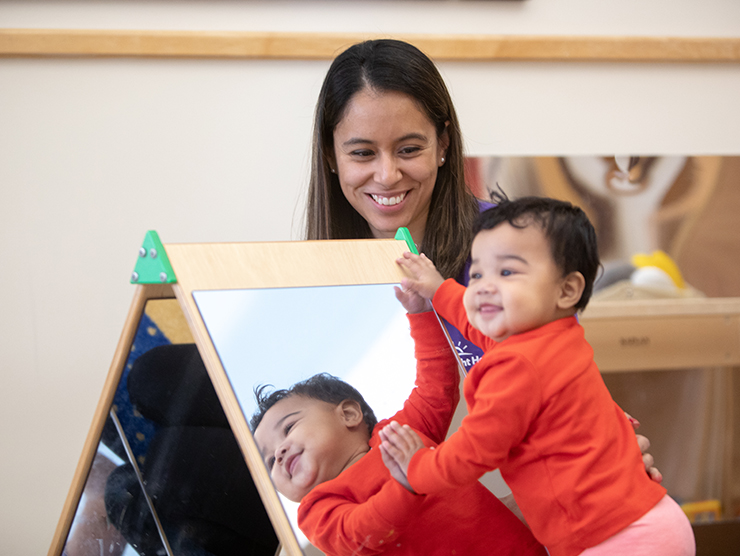Traditionally a day for giving thanks for the year’s harvest, it is also a time for reflection, gratitude, and spending time with friends and family. Take a look at a few ways to easily give thanks and, in return, contribute to your own mental wellbeing and happiness.
Giving Thanks to Others
We often give gifts to show our thanks to other people — thank you cards; boxes of chocolate in return for favors. Gifts can be well received, but here are several other simple ways you can show gratitude for those around you every day:
- Listen actively when someone is speaking and give them your full attention — being truly present makes the person you’re talking with feel more valued. Plus, you’re also more likely to remember what they’ve told you!
- Volunteer for unpleasant tasks. Help your partner by getting up to do the 3 a.m. bottle-feed. Offer to clean the car. Help a loved one with a household chore you know they dislike but is always on their to-do list, such as taking out the trash or cooking after a long day.
- Share what you have. Lend someone a book or let the neighbors have that cup of proverbial flour. Share your knowledge or talents — teaching someone how to do something is rewarding for both of you, and it’s one of the best ways to enjoy a real connection with someone.
- Express your thanks. Telling someone how grateful you are for them can go a long way — it can be extremely encouraging and good for everyone’s mental wellbeing. Plus, being specific about what, exactly, they did or do to make you so grateful, rather than just a generic “thank you” shows that you’ve noticed their efforts, and helps them reflect on what they do well.
Giving Thanks to Yourself
It’s common to struggle more with thanking yourself than other people. But we are all worthy of praise for our efforts and gratitude for the things we do — and self-gratitude is incredibly important!
Not only does self-gratitude act as positive reinforcement that can motivate you to do more things you appreciate, it can also decrease the validation and appreciation you expect from others, build your confidence, and help you face challenges. Here’s how you can practice self-gratitude:
- Give yourself time off — time off work, an afternoon without the children, or a break from a demanding hobby. Practice your passion. Allow yourself to do nothing if you want. The key is to give yourself time to relax, no matter what that might look like for you.
- Try a new food. There are countless flavors and cuisines out there. Indulging yourself with a delicious treat you’ve never tried can open up new tastes and sensations that are hugely enjoyable and rewarding.
- Pamper yourself. You deserve praise, too! Everyone’s version of this is different: if you’re not one for spa sessions or mud masks, let yourself sleep in or take a nap, get take-out, or treat yourself to a fancy coffee.
- Speak kindly to yourself. We tend to speak more politely to others than we do to ourselves. If you fail or stumble at a hurdle, don’t let your inner critic take over the narrative. Instead, try to speak to yourself in the same way you might talk to your best friend. You wouldn’t ridicule them or say they aren’t good enough, so tell yourself that it’s okay to make mistakes and push yourself to keep going.
- Practice mindful gratitude for a week — you might feel more at peace by the end of it.
It can be difficult to feel thankful when you’re experiencing a tough situation — and the past couple of years have been incredibly challenging for everyone. However, taking stock of what’s around you and giving thanks for the people in your life, as well as your own strengths, can really help put things into perspective.





